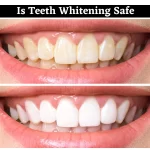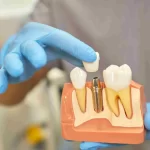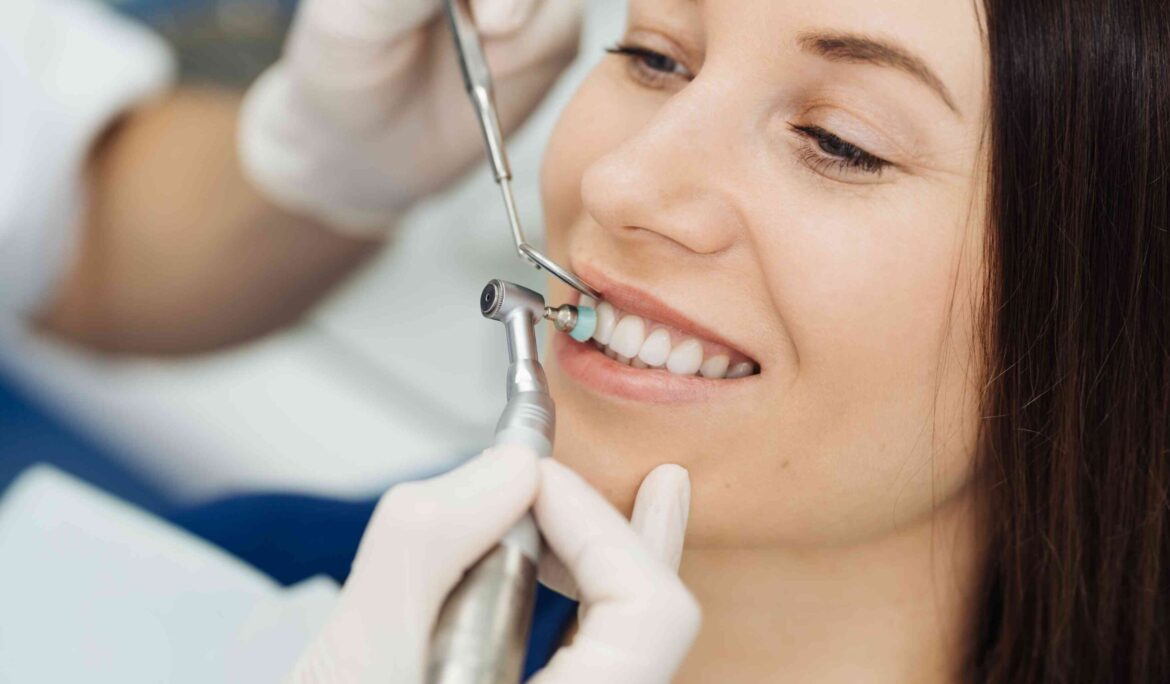What Is Family Dentistry?
Family dentistry is the branch of dentistry that deals with providing oral care across all ages. The dental practitioner providing family dental services is called a family dentist. They are trained to deal with and care for the oral care of infants, toddlers, preteens, teens, adults, and seniors.
Why Is A Family Dentist Important?
A family dentist has the same background education as a general dentist. Both of them study undergrad, followed by dental school. Once they’ve graduated, they have to become licensed to practice dentistry.
A general dentist might usually limit their patients to a particular age bracket. On the other hand, a family dentist is open to overseeing the dental care of everyone in a single-family. For this purpose, family dentists undergo extra training, particularly to deal with children’s dental care.
The extra skillset goes a long way in dealing with little kids in their practice.
What Are The Different Types Of Family Dentistry Services?
Since family dentistry caters to all ages, you will find a variety of dental services in a family dental office.
Preventive Care
Preventive care is really important in dentistry, especially for little kids. With their growing and developing jaws and dentition, the teeth must be healthy. Issues with primary teeth can usually occur with permanent teeth as well. So while primary teeth are replaced in the future, secondary teeth aren’t. This is why caring for them is important.
Dental X-rays
Digital X-rays of the jaws and teeth go a long way in overseeing preventive care. X-rays help a family dentist figure out whether dental issues are just on the surface or extended beyond the visible portion of teeth and gums.
X-rays are great at assessing the damage done by dental caries. This also helps decide the mode of treatment.
Screening For Gum Disease
Gum disease is the most common dental issue that exists. It occurs when a person either has poor oral hygiene or fails to have regular visits with the dentist. The plaque and tartar that deposit beneath the gum line leads to redness, inflammation, and bleeding of the gums. The most common symptom is bleeding during brushing.
Dental checkups every six months help prevent gum disease from proliferating. Professional cleanings get rid of the trapped plaque and calculus, keeping teeth and gums healthy.
Screening For Oral Cancer
Oral cancer screening is an important step of the preventive care process. Your family dentist will always be on the lookout for any changes in the oral cavity that are suggestive of oral cancer. This is done diligently in patients with a family history of the disease or high-risk patients like smokers.
Restorative Services
Restorative services are used to fix any issues present in the oral cavity. Chips, breaks, decay, or missing teeth – all of them are taken care of by family dentistry.
These services are important for restoring the oral health of a patient. If left unchecked, the damage usually progresses, inevitably leading to tooth loss.
Dental Implants
A fantastic option for replacing missing teeth, dental implants are extremely stable and can last a lifetime. The implant placement is surgical and after healing, it is topped off with the false tooth.
Dental Crowns
Dental crowns are used to stabilize weakened or fractured natural teeth. These are tooth-shaped “caps” that encapsulate the entire tooth. Crowns restore a tooth’s form, function, and aesthetic.
Root Canals
A root canal procedure is done when a tooth –
- Is experiencing decay that has reached the pulp cavity
- Has a dead pulp
- Is discolored due to decay or injury
In this restorative procedure, the contents of the pulp cavity are cleaned out. This includes the nerves, blood vessels, and other dental cells. The removal of the pulp tissue renders the tooth “dead”. The space is then filled up with an inert material and topped off with a permanent filling. A crown is placed on the treated tooth to prevent it from fracturing.
Dental Bridges
A dental bridge is used when the patient has a missing tooth or teeth. Bridges consist of false teeth that fill the gaps surrounded by dental crowns on both sides. The dental crowns are fitted on the natural teeth present on adjacent sides of the space.
A dental bridge is a more affordable option for tooth replacement.
Dental Fillings
When a tooth experiences cavities, the decayed part is removed and replaced with a dental filling. The filling can be an amalgam filling or a more aesthetic option, as a composite filling.
Fillings are done under local anesthesia to keep the patient pain-free and comfortable during the treatment.
Pediatric Dentistry
When it comes to family dentistry, the most important aspect of it is the dentistry they provide to children. Since a family dentist is trained to deal with kids, they always know what to look out for concerning their oral health.
Family dentistry services centered around kids involve preventive care such as –
- Professional cleanings
- Dental sealants
- Fluoride treatments
As mentioned earlier, taking care of milk teeth is as important as caring for adult teeth, if not more. If a child fails to receive proper oral care, they become more vulnerable to cavities and other dental issues. These can affect the way secondary teeth erupt in the future.
Family dentists also talk to and train parents to care for their kid’s teeth at home. This includes cleaning their infant’s gums to prevent the proliferation of gum bacteria and “brushing” newly erupted teeth with their fingers.
Furthermore, a family dentist also imparts knowledge on how to best care for your teeth to adults and kids.
At Minneapolis Dental, our in-house family dentist is an expert at providing dental care to not only adults but also kids of varying ages. So if you’ve been looking for a dental office to cater to your entire family, you’ve come to the right place, Give us a call at (612) 332-1255 to schedule an appointment with our dental expert and get healthy smiles for you and your family.


















